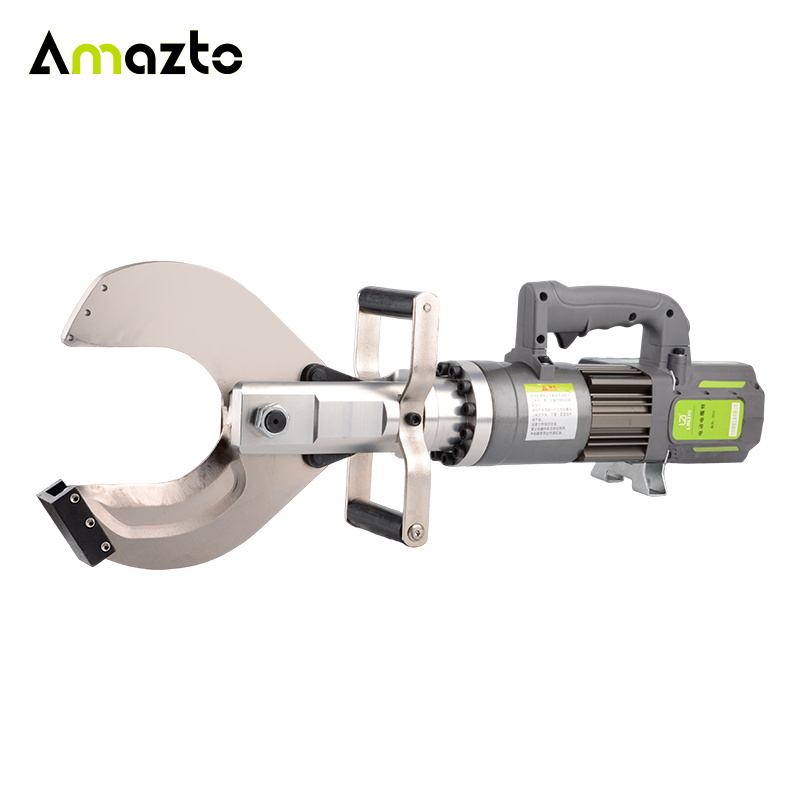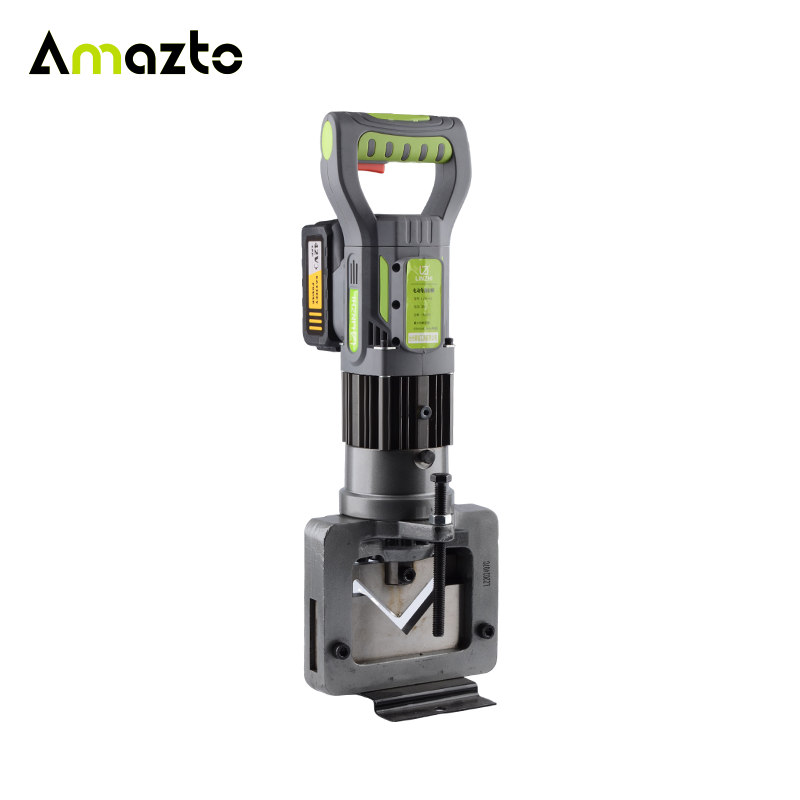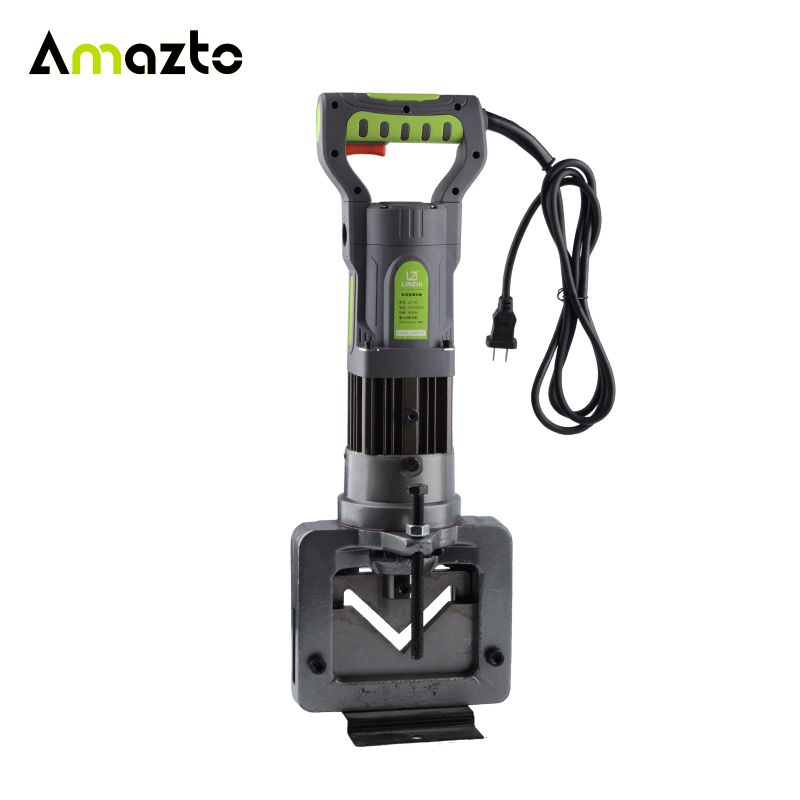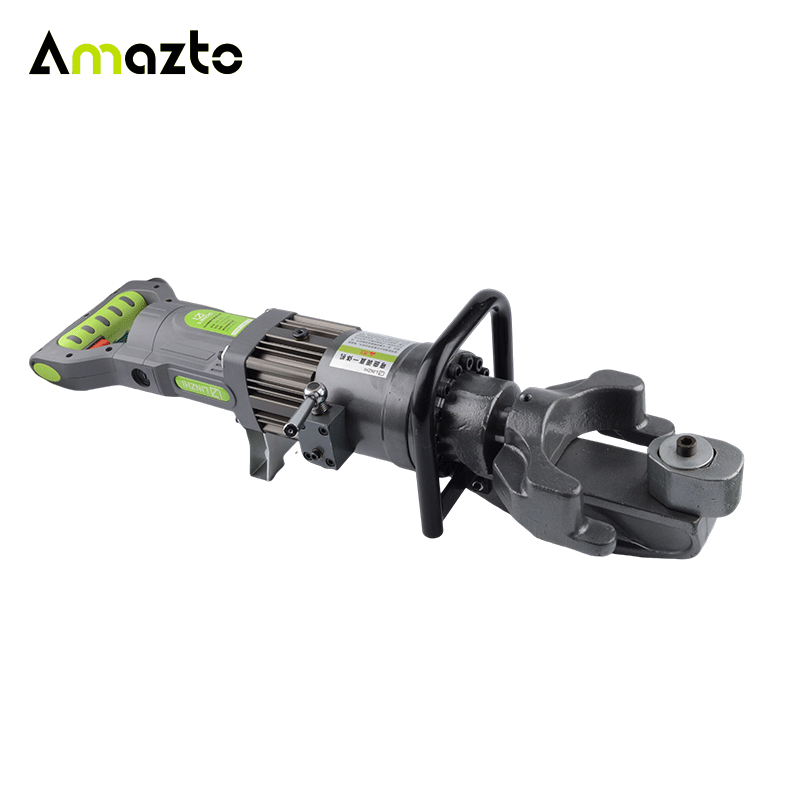High Quality Electric Rebar Bending Machine Supplier Exporter
Electric rebar bending machines have emerged as indispensable tools in the construction industry, offering precise, efficient, and cost-effective solutions for bending reinforcement bars (rebars) used in concrete structures.
The evolution of electric rebar bending machines is rooted in the construction industry's ongoing quest for automation, productivity enhancement, and safety improvement. Traditional manual rebar bending methods, involving manual labor and handheld tools, were labor-intensive, time-consuming, and prone to inaccuracies.
The advent of electric rebar bending machines revolutionized the bending process by introducing automation, precision, and efficiency. Early electric models utilized basic hydraulic or electric motors to power bending mechanisms, enabling operators to bend rebars of varying sizes and shapes with ease and consistency.
In recent years, advancements in electromechanical systems, computer numerical control (CNC) technology, and robotics have further refined electric rebar bending machines. Modern machines feature sophisticated control systems, intuitive user interfaces, and programmable bending sequences, allowing for precise customization of bending angles, radii, and patterns.
Electric rebar bending machines are designed to bend rebars of different diameters and lengths according to specific project requirements. These machines employ hydraulic, electric, or servo-driven bending mechanisms to exert controlled force on the rebar, inducing precise bends without compromising the structural integrity of the material.
Key components of electric rebar bending machines include bending heads, rollers, guides, and control panels. The bending head houses the bending mechanism, which may consist of bending pins, rollers, or dies tailored to the desired bend radius and angle. Rollers and guides ensure smooth rebar feeding and alignment, small errors and material waste.
Furthermore, modern electric rebar bending machines are equipped with advanced safety features such as emergency stop buttons, interlocks, and protective enclosures to mitigate the risk of accidents and injuries in the workplace. Operators can monitor and adjust bending parameters in real-time through user-friendly control panels or touchscreen interfaces, enhancing productivity and operational efficiency.
Electric rebar bending machines find widespread applications in various construction projects, including buildings, bridges, highways, tunnels, and infrastructure developments. These machines are used to bend rebars into specific shapes, including stirrups, hoops, arcs, and straight bars, which are essential components of reinforced concrete structures.
Moreover, electric rebar bending machines enable the fabrication of complex rebar shapes required for curved or irregularly shaped structures, such as curved beams, columns, and retaining walls. By accurately bending rebars to precise specifications, these machines ensure structural integrity, load-bearing capacity, and durability of concrete elements, thereby enhancing the overall quality of construction projects.
Additionally, electric rebar bending machines are employed in prefabrication facilities, steel fabrication shops, and rebar processing yards to streamline production processes and meet tight project deadlines. The ability to automate repetitive bending tasks, coupled with the flexibility to handle a wide range of rebar sizes and configurations, makes electric bending machines indispensable assets in the construction industry.
The future of electric rebar bending machines holds promising opportunities for further innovation and integration with emerging technologies.
Moreover, advancements in materials science, additive manufacturing, and robotics may lead to the development of lightweight, durable, and modular rebar bending solutions tailored to the evolving needs of modern construction projects.

 English
English 中文简体
中文简体 русский
русский GET A QUOTE
GET A QUOTE



